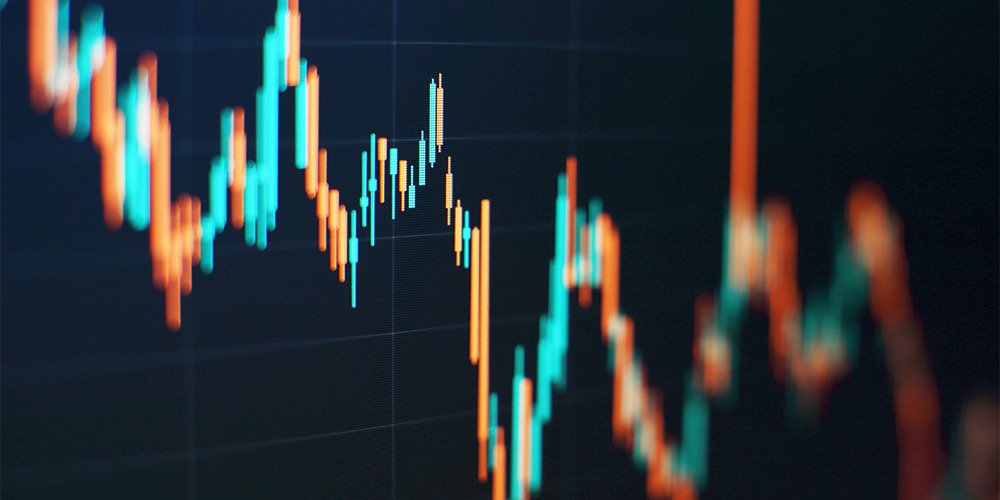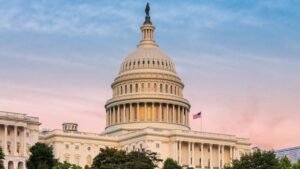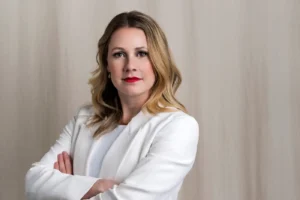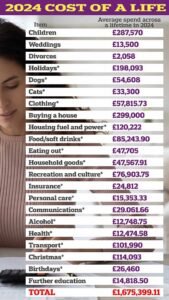Reserve managers continue to diversify despite market volatility
There was optimism about the economic and financial outlook among reserve managers at the 30th UBS Reserve Management Seminar held in Switzerland at the end of June. According to the survey carried out in the months before the event, two-thirds of the respondents see a soft landing as the most likely scenario, and only 11% believe that the US will suffer a recession. The majority (71%) expects US headline consumer price index inflation to reach between 2% and 3% by the time of the next Reserve Management Seminar in June 2025, and Federal Reserve policy rates are expected to be between 3% and 4%.
There was also optimism about the ability of central bankers to rein in inflation without causing too much pain to growth. After the ‘pause’ of 2021-23, when rising inflation and interest rates impacted the portfolios of reserve managers and a positive stock-bond correlation challenged the ideas behind portfolio diversification, the trend towards greater diversification of reserves resumed in 2024. Higher expected returns in fixed income make this asset class the most attractive right now, according to the survey.
In contrast to the previous regime, marked by quantitative easing and low yields, reserve managers are in a good position to meet their primary investment objective – capital protection – by investing in fixed-income markets. However, reserve managers have learnt the benefits of diversification and there is still an appetite for listed equity (Figure 1). Over the long term, a well-diversified portfolio across public markets is still perceived as the most resilient investment strategy.
Figure 1. Trends in approved asset classes reveal return to diversification
Which of the following instruments are approved at your institution? Share of respondents, %

Source: UBS
Optimism about the economic and financial outlook contrasts with rising concerns about geopolitics – a further escalation of conflicts remains the top risk (Figure 2). Nearly all the respondents believe that the world is moving towards further fragmentation and a multipolar system. Half of the respondents believe that the Russia-Ukraine conflict will end only after 2026, but the overwhelming majority believes that there will be no direct confrontation between Nato and Russia over the next five years.
The French elections have been a source of volatility in the European bond markets and concerns are rising about the forthcoming US presidential elections. Most respondents expect a Donald Trump victory to lead to more geopolitical confrontations, with a further deterioration of relations with China, a weakening of Nato and an increase in global protectionism. On the economic front, a Trump victory is expected to lead to lower interest rates, higher public deficit levels and higher equity prices, but also higher inflation rates compared to a Democrat victory.
Unsustainable public debt is a growing concern. Rising public debts will put pressure on central banks with regard to monetary policy. So far, demand for government bonds by central banks remains strong, and particularly for US Treasuries, given high expected returns. But should long-term interest rates rise as risk premia increase and volatility go up, demand might slow down and liquidity may shrink. The US presidential elections are likely to be a source of volatility, with neither Democrats nor Republicans appearing overly concerned about rising public debt levels.
Figure 2. Geopolitical escalation the main concern among central banks
What are the main risks that the global economy is currently facing? Share of respondents, %

Source: UBS
Heightened geopolitical concerns are also linked to rising demand for gold as reserve managers are searching for macro hedges and diversifiers that offer them more control. A third of reserve managers are concerned about the weaponisation of foreign exchange reserves. The political decision to use profits from the frozen assets of the Central Bank of Russia to finance Ukraine increases the risk that foreign exchange reserves are no longer seen as a safe haven. Gold, an asset held by central banks largely for historical reasons linked to the time when it was a pillar of the global financial system, is therefore being ‘resuscitated’ by geopolitical trends. Geopolitics is expected to remain a key driver of the allocation to gold by central banks in the in the future.
The weaponisation of reserves is also often mentioned as a factor that could led to a reduced role of the dollar in the global financial system. But, according to the survey, the dollar remains in demand and there are no visible signs of a weakening of its dominant position in foreign exchange reserves.
Nearly half of respondents believe that the shift to a multipolar system will not affect the dominance of the dollar in the global financial architecture. Allocations to the renminbi stagnated in 2023-24 and the average expected long-term target allocation to the Chinese currency fell to around 5%. In terms of future currency allocations, the euro appears to be more in demand, followed by the dollar, the renminbi and the yen. Since the survey was conducted in May and June, political developments in France and volatility in the euro bond market could dent the positive momentum of the European currency, however.
2024 is the 80th anniversary of the Bretton Woods conference. We used this opportunity to assess what reserve managers think about the future of the international financial architecture. Around 70% of survey respondents indicated that the Bretton Woods institutions are at risk of becoming obsolete without reforms. Only one-third believe that the current international financial architecture is resilient enough to survive challenges without reforms. The reforms should focus on the future of multilateral co-operation in a fragmented world.
On a positive note, a large majority believes that disruptive technologies such as digital assets and the rise of new economic powers provide more opportunities than challenges.
Massimiliano Castelli is Head of Strategy and Advice, and Philipp Salman is Director, Strategy and Advice Global, Sovereign Markets, UBS Asset Management.
Download the UBS Reserve Management Survey here.
The views expressed are as of July 2024 and are those of the authors and not necessarily the views of UBS Asset Management. This article is a marketing communication and the information herein should not be considered investment advice or a recommendation to purchase or sell securities or any particular strategy or fund. Information and opinions have been provided in good faith and are subject to change without notice.














Post Comment